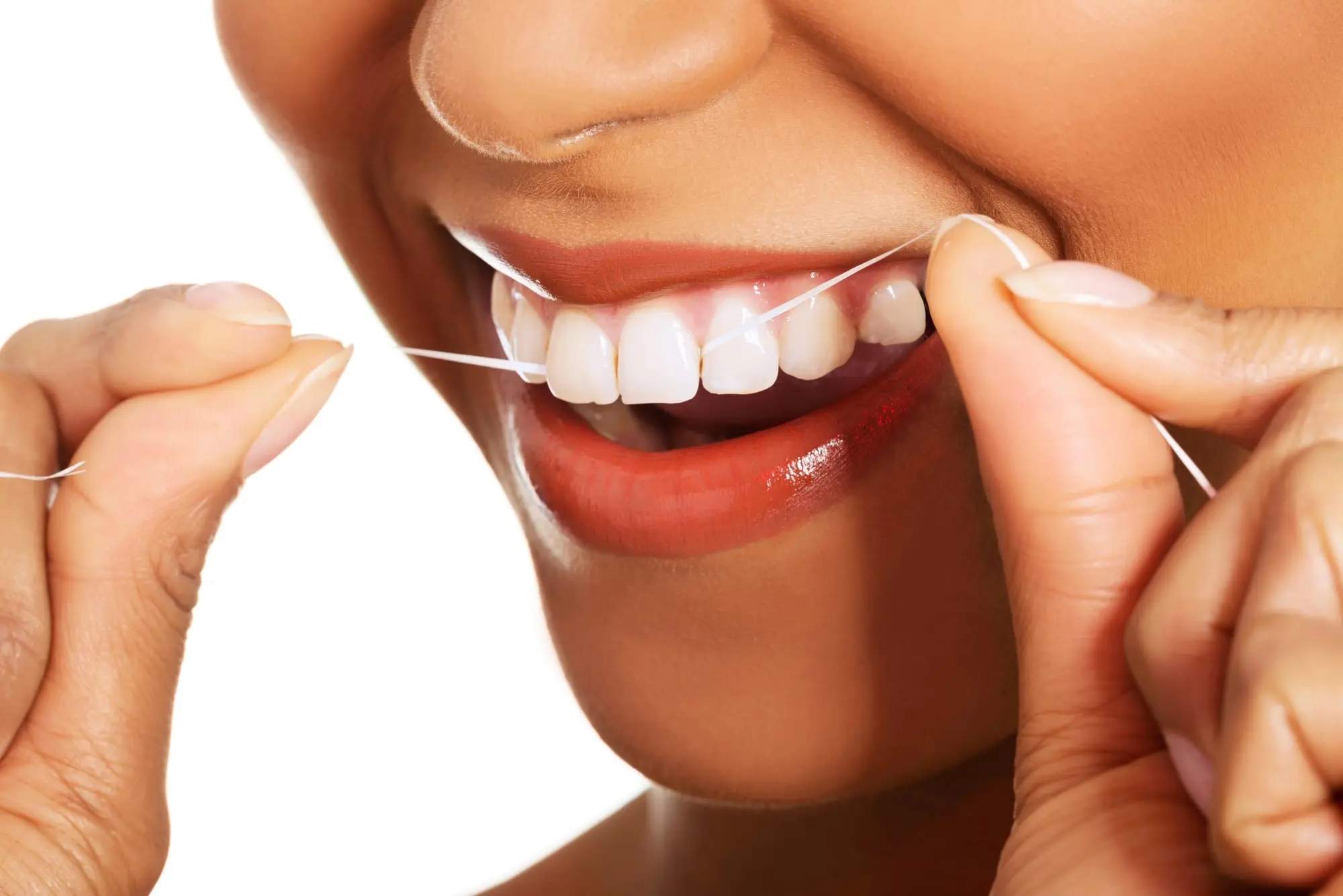
A healthy smile brightens your day. It boosts your confidence too. Maintaining good oral hygiene is key. It prevents many common issues. Cavities can be avoided easily. Gum disease is also preventable. Your overall health benefits greatly. A bright smile leaves a lasting impression. It reflects good habits. Start today for a healthier future. Small changes make big differences.
Maintaining good oral hygiene is key.
Oral hygiene is your daily defense. It removes plaque and food particles. Plaque is a sticky film. It contains harmful bacteria. These bacteria produce acids. Acids attack tooth enamel. This causes cavities eventually. Good hygiene stops this process. It keeps your mouth clean. It protects your teeth and gums. This is the foundation of oral health.
It prevents many common issues.
Poor hygiene leads to problems. Cavities are a frequent concern. They are tiny holes in teeth. Gum disease (gingivitis) also develops. Gums become red and swollen. They might bleed easily. If left untreated, it worsens. Periodontitis can follow. This affects bone supporting teeth. It can lead to tooth loss eventually. Good habits avert these issues.
Cavities can be avoided easily.
Brushing removes food and plaque. Brush at least twice a day. Use a soft-bristled toothbrush. Fluoride toothpaste is recommended. Brush for two full minutes. Angle the brush towards the gum line. Use gentle, circular motions. Don’t scrub too hard. This technique cleans thoroughly. It protects enamel from wear. Consistency is very important.
Gum disease is also preventable.
Flossing cleans between teeth. It reaches where brushes can’t. Food particles get trapped there. Plaque builds up in tight spaces. Floss daily, ideally before brushing. Wrap about 18 inches around fingers. Gently slide it between teeth. Curve it around each tooth. Move it up and down gently. This removes hidden plaque effectively. It keeps gums healthy and pink.
Your overall health benefits greatly.
Oral health links to general health. A healthy mouth helps a healthy body. Gum disease links to heart issues. It’s connected to diabetes too. Bacteria from the mouth can travel. They can enter the bloodstream. This causes inflammation elsewhere. Good oral hygiene reduces these risks. It supports your whole system. It’s a key part of well-being.
A bright smile leaves a lasting impression.
Your smile is a powerful tool. It communicates warmth and friendliness. It affects how others perceive you. A healthy, bright smile radiates confidence. It enhances your appearance. It boosts your self-esteem too. People remember a genuine smile. It’s an asset in social settings. It helps in professional interactions. Invest in your smile’s appeal.
It reflects good habits.
A healthy mouth shows discipline. It means you prioritize self-care. It reflects consistent effort. It shows attention to detail. These habits extend beyond oral care. They often point to overall wellness. Good habits lead to positive outcomes. Your smile is a visible sign. It’s a testament to your routine. Be proud of your commitment.
Start today for a healthier future.
Don’t delay making changes. Begin improving habits right now. Small steps lead to big results. Replace an old toothbrush. Start flossing every evening. Cut down on sugary drinks. Schedule a dental check-up soon. Every positive action counts. Your oral health will thank you. A brighter future awaits. Take control of your smile.
Small changes make big differences.
You don’t need a complete overhaul. Start with one simple adjustment. Add flossing to your routine. Brush for the full two minutes. Swap one sugary snack. These tiny shifts accumulate. Over time, they create a habit. The impact on your oral health is huge. Don’t underestimate their power. Consistency is more important than intensity.
Choose a healthy diet wisely.
What you eat impacts your teeth. Limit sugary foods and drinks. Sugar feeds harmful bacteria. They produce acids that erode enamel. Sticky candies are especially bad. They cling to teeth longer. Acidic foods also damage enamel. Citrus fruits and sodas are examples. Opt for fresh fruits and vegetables. They promote saliva flow. Dairy products strengthen teeth. Water is always the best drink.
Water is always the best drink.
Water does more than hydrate. It helps rinse away food particles. It neutralizes acids in your mouth. It prevents dry mouth symptoms. Saliva production is boosted. Saliva protects teeth naturally. Drink water throughout the day. Swish it after meals or snacks. Tap water with fluoride is best. It strengthens enamel from within. Make water your primary beverage.
Regular dental visits are essential.
Professional care complements home care. Visit your dentist twice a year. They perform thorough cleanings. They remove plaque and tartar buildup. Tartar is hardened plaque. It cannot be removed by brushing. Dentists check for cavities. They screen for gum disease. They also look for other issues. Early detection saves trouble. It prevents minor problems from worsening.
Address dental issues promptly.
Don’t ignore discomfort or pain. Toothaches signal a problem. Bleeding gums are not normal. Sensitivity to hot or cold is a warning. Visit your dentist immediately. Early treatment prevents complications. Small cavities are easier to fill. Early gum disease is reversible. Ignoring issues leads to bigger problems. It can result in complex procedures. Protect your long-term oral health.
Use fluoride products consistently.
Fluoride strengthens tooth enamel. It makes teeth more resistant to decay. Use fluoride toothpaste daily. Many public water supplies add fluoride. Ask your dentist about fluoride rinses. They can provide extra protection. Especially if you are prone to cavities. Fluoride varnishes are also applied professionally. These boost enamel strength significantly. It’s a powerful protective agent.
Avoid tobacco products entirely.
Smoking and vaping harm your mouth. Tobacco causes gum disease. It stains teeth badly. It increases cavity risk. It also leads to oral cancer. Healing after dental work slows down. Your breath can also suffer. Vaping liquids contain harmful chemicals. They irritate gums and tissues. Quitting tobacco improves oral health greatly. It’s a crucial step for your smile.
Consider oral rinses for extra help.
Mouthwashes offer additional benefits. Antiseptic rinses reduce bacteria. They help control plaque buildup. Fluoride rinses strengthen enamel further. They can freshen your breath too. Choose an alcohol-free mouthwash. Alcohol can dry out your mouth. Discuss options with your dentist. They can recommend the best one for you. Rinses are an adjunct, not a replacement.
Protect your teeth during sports.
Accidents can damage teeth. Wear a mouthguard for contact sports. This simple device protects your smile. It cushions against impacts. It prevents chipped or broken teeth. It also protects your gums. Custom-fitted mouthguards are best. They offer superior protection. They are more comfortable to wear. Don’t risk your precious teeth.
Be gentle with your oral care.
Aggressive brushing harms gums. It can lead to gum recession. This exposes tooth roots. Roots are sensitive and prone to decay. Harsh flossing can damage gums. Use a soft-bristled brush always. Apply gentle pressure only. Let the bristles do the work. Floss with a gentle motion. Be kind to your mouth.
Maintaining a healthy smile involves consistent brushing, flossing, a mindful diet, and regular dental check-ups, all vital for lifelong oral well-being.
